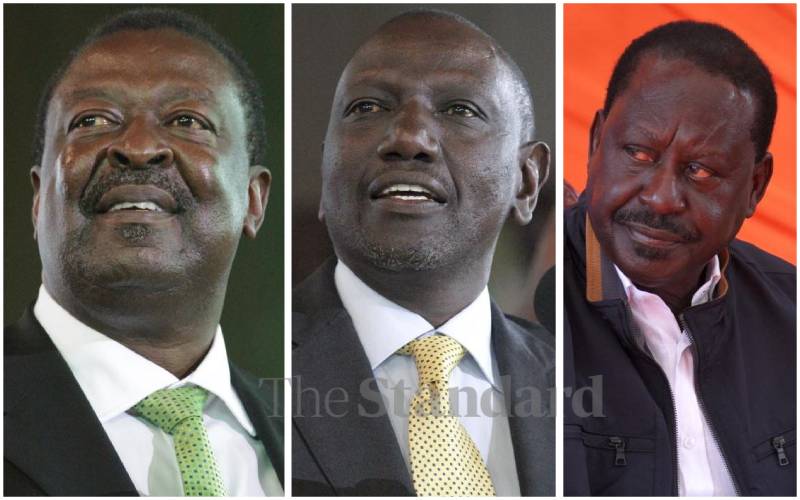×
The Standard e-Paper
Fearless, Trusted News

ANC leader Musalia Mudavadi, Deputy President William Ruto and Raila Odinga (ODM). [File, Standard]
The new coalition law offers major political parties pain and hope in equal measure as the August 9 General Election beckons.